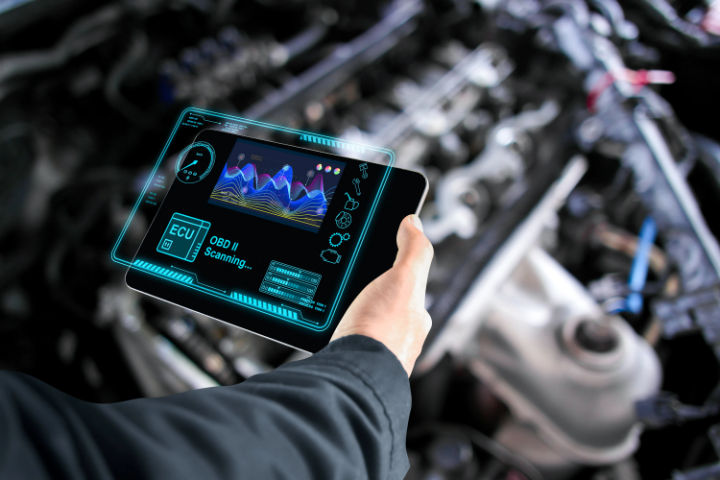Client Details
A leading automobile parts manufacturer aiming to move beyond traditional B2B relationships and proactively identify demand patterns across marketplaces to strategically pitch and sell their parts.
Challenge
The client needed deep visibility into the make, model, engine, and part details associated with specific vehicle categories.
Their goal was to understand product demand trends across marketplaces and match which e-commerce platforms were selling which parts.
Manually researching thousands of vehicle configurations and aggregating data from hundreds of automotive e-commerce websites would have been an overwhelming, time-consuming, and error-prone process.
Solution
We engineered a robust, high-scale web scraping pipeline focused on the automotive aftermarket, blending deep domain understanding with powerful Python-based tooling and Azure infrastructure.
Key Highlights:
- 20 Automotive Sites Scraped: Built custom Python scrapers to extract structured product and compatibility data from over 20 e-commerce and distributor websites.
- 3.5M+ Unique Part-Engine Matches: Collected detailed specs across make, model, engine types, and part numbers—requiring us to deeply understand how engine parts are classified, named, and grouped across different sellers.
- Granular Domain Modelling: Our team learned the nuances of engine components—splitting complex part names into brand, variant, fitment, and vehicle compatibility fields for precise mapping.
- Clean Data, Ready for Action: After extraction, we ran the data through rigorous validation and delivered.
The Impact
✅ Comprehensive Market Visibility:
Gained insights into the full landscape of make, model, engine, and parts combinations for strategic targeting.
✅ Data-Driven Decision Making:
Identified high-demand vehicle parts and prioritized production based on live market insights.
✅ Operational Efficiency:
Eliminated over 1000 hours of manual research time and accelerated go-to-market strategy for new product lines.

